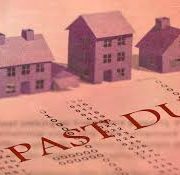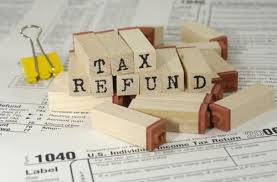HOME FORECLOSURES AND LIEN STRIPPING IN BANKRUPTCY
The filing of a bankruptcy can help avoid a home foreclosure and bring individuals current with their mortgage lenders. The automatic stay prevents creditors from taking collection action, including proceeding with a pending foreclosure or initiating one. A creditor can proceed with the foreclosure only after they obtain an Order from the Court granting relief from the automatic stay. In some instances the filing of the bankruptcy will not only act as a “Band-Aid” for your mortgage issues but can help resolve those issues. A Chapter 13 bankruptcy may be used as a tool to allow debtors to cure their mortgage arrears and bring delinquent mortgages current as long as certain criteria are met. The delinquent payments will be cured via payments made under the Chapter 13 plan and paid back over the life of the Chapter 13 plan. During this time you will also resume paying your monthly mortgage payment to ensure no additional arrears are incurred. At the end of the plan, any arrearages that existed prior to the filing of the Chapter 13 will be cured.
If you happen to have a second mortgage on your principal residence, you may also be eligible to eliminate this lien entirely. A “lien strip” occurs when there is more than one mortgage on a property and the second or even third mortgages are reclassified as unsecured debt. First a home appraisal is needed to determine the fair market value of your home. You home must lack equity to cover the second mortgage after the first mortgage balance is taken into account. If you are eligible for a lien strip and successfully complete your Chapter 13 plan, then the remaining balance, if any, is discharged as an unsecured debt. The goal of most bankruptcies is to have your debts discharged, or forgiven. Lien stripping is a complex process and should be discussed in depth with an experienced attorney. Please contact Hindo Law Group, PLLC at (602) 377-9369 to set up a free consultation to learn more about bankruptcy and the impacts on your home.
Disclaimer: The information in this web site is not intended to constitute legal advice or to create an attorney-client relationship. The information, documents or forms provided herein is intended for general information purposes only and must not be regarded as legal advice. Laws change periodically; therefore the information in this site may not be accurate. It is imperative that you seek legal counsel in order to ascertain your rights and obligations under the applicable law and based upon your specific circumstances.








